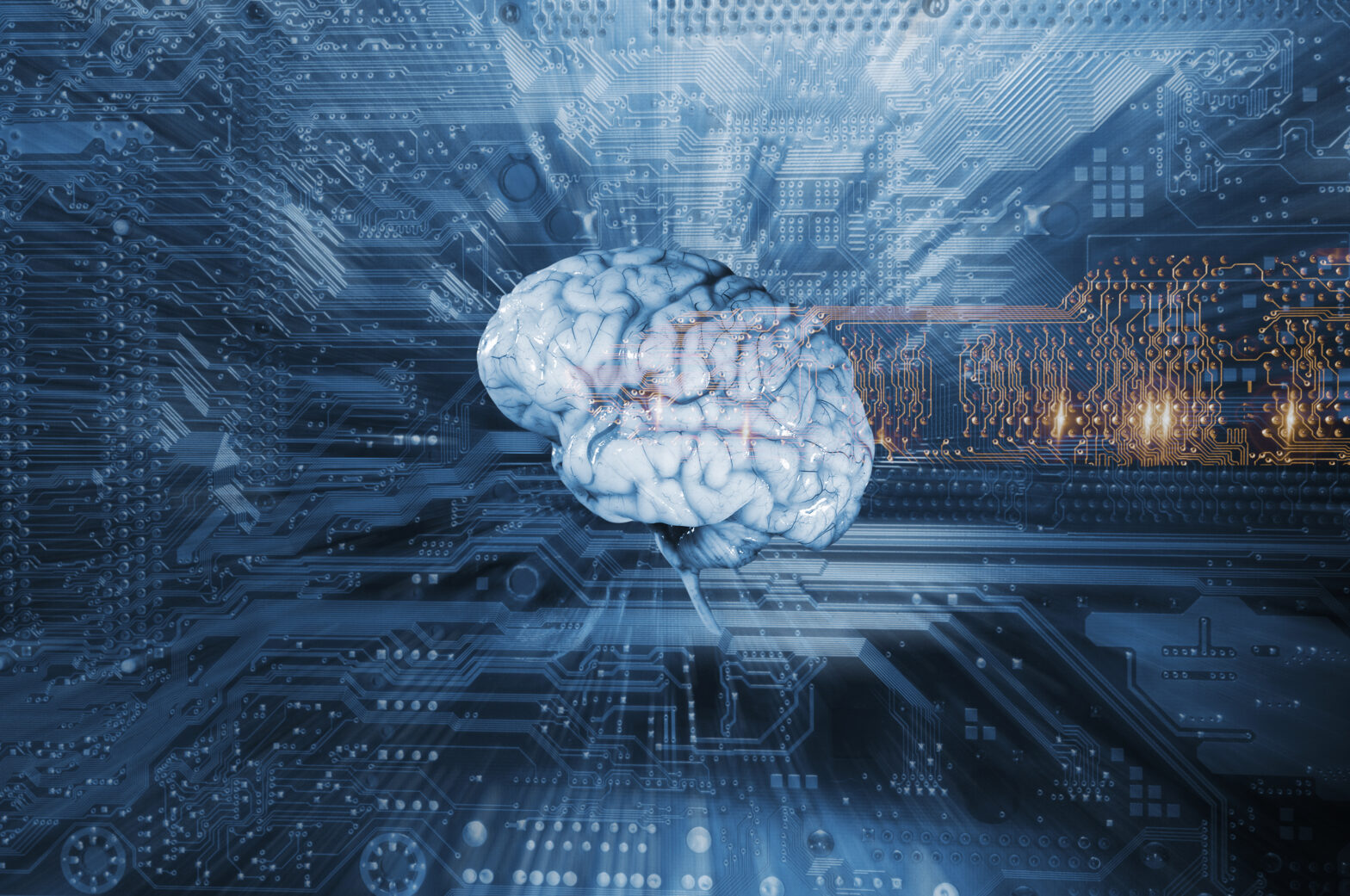Tasked with combatting inefficiencies at every point, investment in artificial intelligence (AI) is a necessary step for forward-thinking businesses to ensure survival in a trend-driven market.
In an era where the back story behind a product is of growing interest to consumers, transparency, as well as efficiency and creativity, needs to be a business priority.
AI can help achieve this. It is the key for business growth and stability in changeable economic times.
In 2016, adidas unveiled the first shoe to come out of its robot factory, and Fanuc built a factory using Nvidia AI platform. 2017 will be the year AI permeates the business arena on a large-scale.
>See also: 3 ways artificial intelligence is transforming e-commerce
Here are five ways AI will affect the business landscape in 2017.
1. Proving ROI
AI has come on in leaps and bounds, and the robots of 2017 will be able to learn, then take on multiple varied roles throughout the business.
The sheer competitive advantages of technology are fairly evident – allowing businesses to operate more productively and efficiently.
However, the technology’s ability to learn and its flexibility have seriously increased, meaning that it is more able to anticipate a business’s needs and proactively identify potential pitfalls before it’s too late.
In fact, through trial, AI could help cut production times for labour-intensive products from three months to three weeks – a mind blowing prospect.
This makes proving a higher ROI easier than ever before, catapulting AI into the business mainstream and making investment in the technology essential.
2. Minimising human error
AI enables tasks that were once carried out by humans to be done by machines far more efficiently, conveniently and ultimately at less cost.
In addition to near-continuous production, which reflects the rise of the 24-hour economy, once established these technologies can help reduce wastage and control the highest possible level of quality by eliminating the possibility of human error.
Factories are intensely-competitive environments and technology is crucial to keeping pace with burgeoning demand.
There is no place in the modern working environment for factory owners to continue relentlessly pushing staff harder to meet demand, as they risk a real drop in quality, which AI can go a long way towards eliminating.
3. Improving worker wellbeing
Technological innovation will also begin to directly impact employees’ quality of life, including working hours and pay. Standardised levels of worker well-being will become even more important in 2017.
By incorporating AI into mobile, social media and instant messaging technology, businesses will be able to monitor and reach out to workers more easily than ever before.
This is just the beginning too as networks and sensors using near field communication technology are now able to offer insights into employee working conditions, as well as their output.
New age monitoring measures, such as Matrix’s worker welfare app, will accumulate information in real time and help build a true picture of each factory’s performance and staff happiness, benefiting workers and employers alike.
Aggregated, personalised data, powered by AI, will allow factory bosses to make adjustments to processes for all staff, opening opportunities to increase productivity even further.
Additionally, one small sensor could provide accurate, real-time data to inform buying decisions, helping factories to operate on a leaner business model. This is a game changer and will be increasingly present throughout global businesses.
4. Integration into the workforce
2017 will mark the start of a new working relationship between the human workforce and AI.
AI is more able to communicate with employees than ever before, and will only continue to develop more human qualities.
Increasingly it will start to integrate into the workforce, but not necessarily at the cost of human employees. After all, technology needs to be managed and maintained by someone.
AI will make existing jobs easier and presents an opportunity for workers to be focused and productive in their roles with the support of technology, and take a step away from menial tasks to completing work that is more fulfilling.
>See also: How artificial intelligence will impact the role of security pros
5. Help build a more transparent business landscape
In 2017, AI will help combat the issue of falsification in the auditing process. An incredibly common problem in factories, bought on by fear of failure, falsified audits mean that real issues can remain perpetually unresolved and compromise the ethical standards that are now so important to consumers.
This sort of automated data will give businesses greater power to identify weak links that fall short on quality standards and worker welfare. Full-disclosure and trust will become more important to consumers.
Access to core data and heightened connectivity will provide buyers and consumers with important product information, from how the product was created to its environmental impact. Supply chain partners need to work together to make product information far more accessible.
There will be a noticeable move towards incorporating AI more broadly in 2017. Technology is the vehicle to lean business in an age of transparency. Now is the time to consider how it will ensure an advantage on an increasingly competitive global stage, without sacrificing the people working within it.
Sourced from Wendy Kent, COO, Matrix







